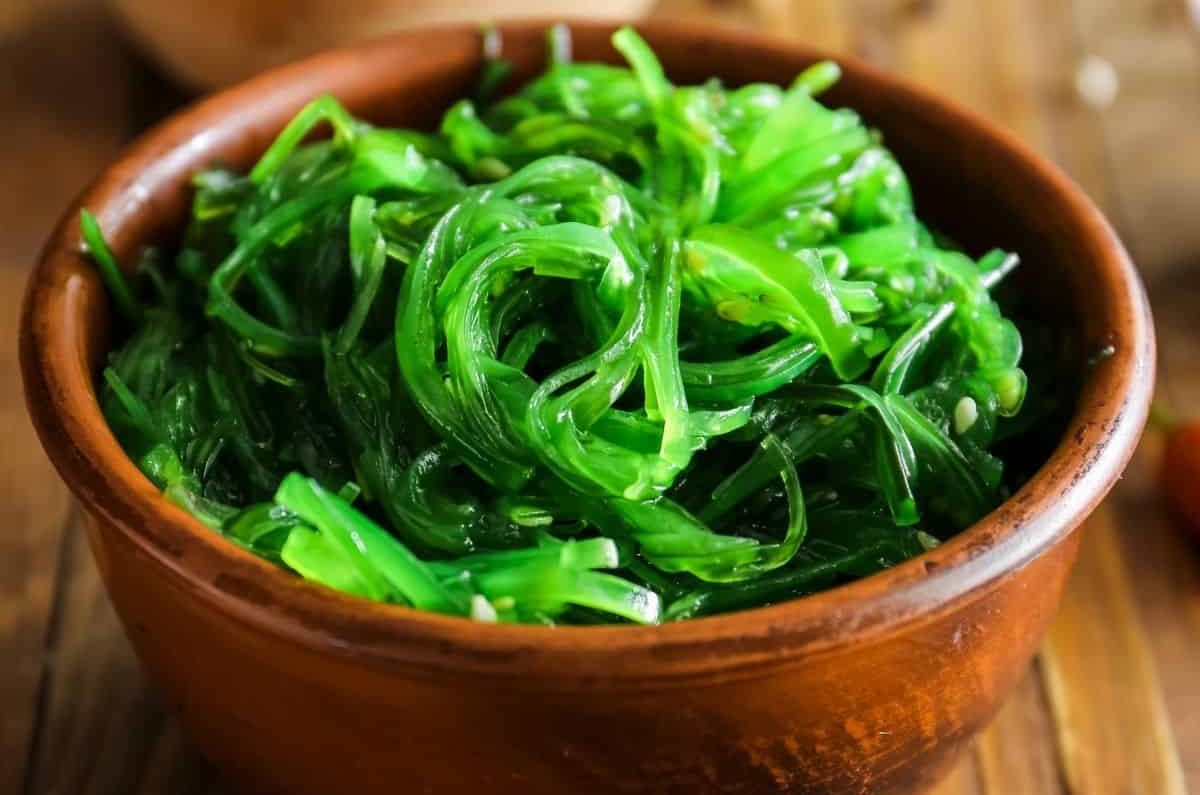
Ogonori, also known as Gracilaria, is a type of red algae found in warm coastal waters. This seaweed holds a special place in various cuisines and industries. Ever wondered why? Ogonori is not just a food ingredient; it's a powerhouse of nutrients and has multiple uses. From being a key component in agar production to its role in traditional dishes, this algae is more versatile than you might think. Its benefits extend beyond the kitchen, impacting health, beauty, and even environmental sustainability. Curious about what makes Ogonori so unique? Let's dive into 15 fascinating facts that highlight its importance and versatility.
Key Takeaways:
- Ogonori, also known as Gracilaria, is a nutrient-packed red algae with vitamins A, C, and K, making it great for immune function and bone health. It's also low in calories, perfect for weight management diets.
- Ogonori isn't just a tasty addition to salads and soups, it also helps marine life by providing habitat and food. Plus, it's being used in bioplastics, cosmetics, and animal feed, showing its versatility beyond the kitchen!
What is Ogonori?
Ogonori, also known as Gracilaria, is a type of red algae found in various marine environments. This seaweed is popular in many cultures for its nutritional benefits and culinary uses. Let's dive into some fascinating facts about this unique seaweed.
Nutritional Powerhouse
Ogonori is packed with essential nutrients that benefit overall health. Here are some key nutritional facts:
- Rich in Vitamins: Ogonori contains vitamins A, C, and K, which support immune function, skin health, and blood clotting.
- High in Minerals: This seaweed is a good source of calcium, magnesium, and iron, essential for bone health, muscle function, and oxygen transport.
- Low in Calories: Ogonori is low in calories, making it an excellent addition to weight management diets.
Culinary Uses
Ogonori is a versatile ingredient in various cuisines. Here are some ways it is used in cooking:
- Agar-Agar Production: Ogonori is a primary source of agar-agar, a gelatinous substance used in desserts, jellies, and as a vegetarian gelatin substitute.
- Salads and Soups: In many Asian countries, Ogonori is added to salads and soups for its crunchy texture and nutritional benefits.
- Pickling: This seaweed is often pickled and served as a side dish or condiment in Japanese and Korean cuisine.
Environmental Benefits
Ogonori plays a significant role in marine ecosystems and offers environmental benefits:
- Habitat for Marine Life: Ogonori provides shelter and food for various marine organisms, contributing to biodiversity.
- Carbon Sequestration: Like other seaweeds, Ogonori absorbs carbon dioxide from the atmosphere, helping to mitigate climate change.
- Water Purification: This algae can absorb excess nutrients and pollutants from the water, improving water quality.
Historical Significance
Ogonori has been used for centuries in different cultures. Here are some historical facts:
- Ancient Chinese Medicine: Ogonori has been used in traditional Chinese medicine for its purported health benefits, including treating digestive issues and boosting immunity.
- Japanese Cuisine: In Japan, Ogonori has been a staple in the diet for centuries, often used in traditional dishes like seaweed salads and sushi.
Modern Applications
Ogonori's unique properties have led to various modern applications beyond food:
- Bioplastics: Researchers are exploring the use of Ogonori in creating biodegradable plastics as a sustainable alternative to conventional plastics.
- Cosmetics: The hydrating and antioxidant properties of Ogonori make it a popular ingredient in skincare products, such as moisturizers and anti-aging creams.
- Animal Feed: Ogonori is used as a supplement in animal feed, providing essential nutrients to livestock and aquaculture species.
Fun Facts
Let's end with some fun and lesser-known facts about Ogonori:
- Color Changes: Ogonori can change color depending on its environment, ranging from green to red to purple, making it a visually interesting addition to dishes and marine landscapes.
The Final Scoop on Ogonori
Ogonori, a type of red algae, packs a punch with its nutritional benefits and versatility. It's not just a superfood but also a sustainable choice. Rich in vitamins, minerals, and fiber, it supports digestive health and boosts immunity. This seaweed is a staple in Asian cuisine, adding unique texture and flavor to dishes. Beyond the kitchen, it's used in cosmetics and pharmaceuticals for its skin-soothing properties. Ogonori's environmental benefits can't be ignored either; it helps reduce carbon footprints and supports marine ecosystems. Whether you're a foodie, a health enthusiast, or someone who cares about the planet, ogonori offers something valuable. So next time you see this seaweed on a menu or in a store, give it a try. You might just find a new favorite ingredient that’s as good for you as it is for the Earth.
Frequently Asked Questions
Was this page helpful?
Our commitment to delivering trustworthy and engaging content is at the heart of what we do. Each fact on our site is contributed by real users like you, bringing a wealth of diverse insights and information. To ensure the highest standards of accuracy and reliability, our dedicated editors meticulously review each submission. This process guarantees that the facts we share are not only fascinating but also credible. Trust in our commitment to quality and authenticity as you explore and learn with us.


